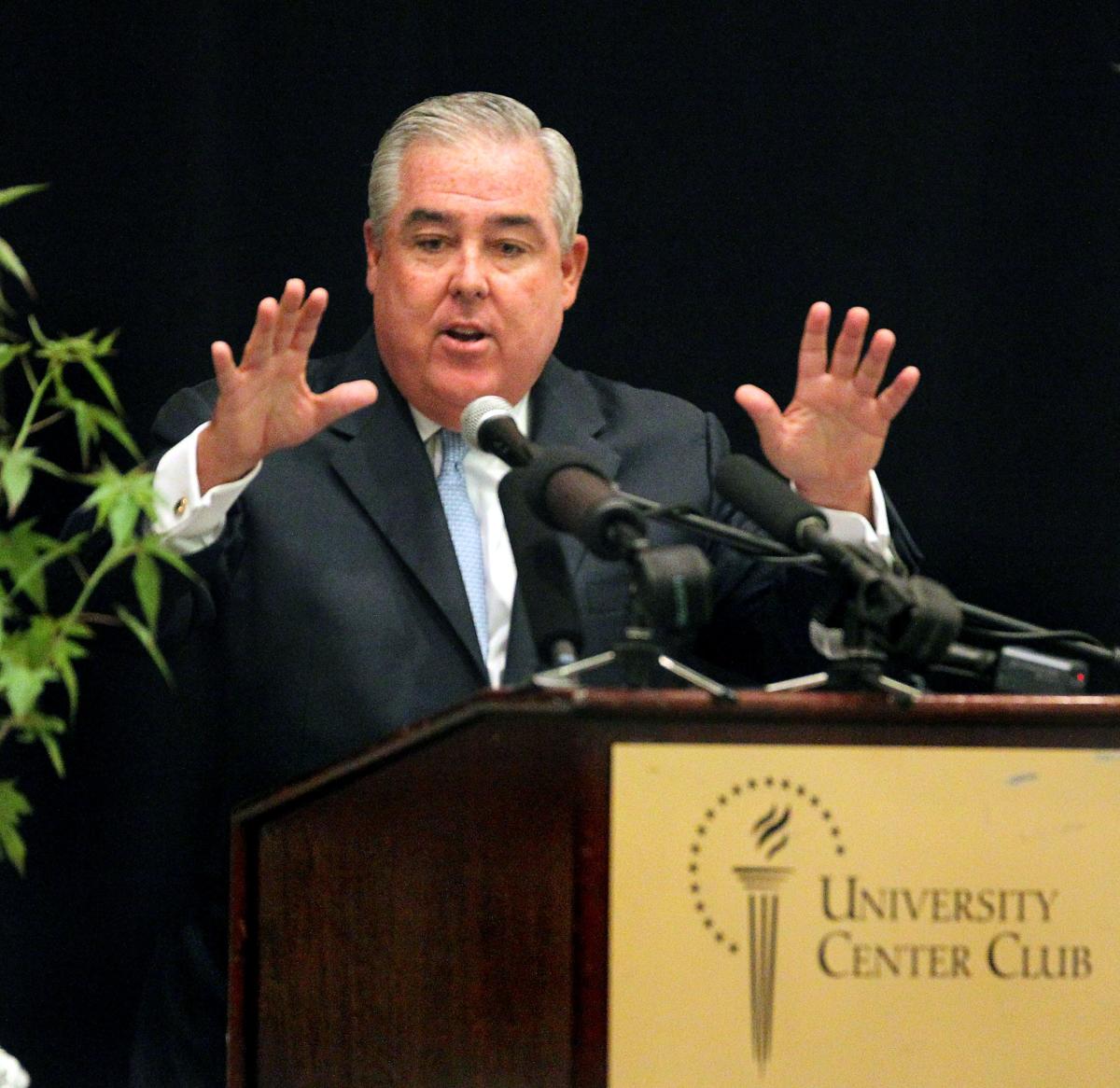Prices for membership in Hong Kong’s most exclusive private clubs have fallen by as much as 20 percent on the secondary market in the past year, say brokers. The reason for this is the city’s weakening economy and the exodus of wealthy expats and locals from China.
The private members’ clubs in the Asian financial center have been an integral part of the local business world since the British colonial era. Some institutions benefit from significantly cheaper rents due to agreements that go back decades.
Rules vary, but membership in private and corporate clubs typically involves a hefty fee and sometimes a long wait. Prices on the secondary market for memberships have plummeted during the pandemic, as the territory’s strict zero-Covid policy drove many expats and locals out of the city. Even after Hong Kong’s lockdown rules ended, prices have continued to fall.
Secondary market prices for a membership at the Aberdeen Marina Club, a 40-year-old, 51,500-square-metre private club that operates seven restaurants and sports and family facilities such as an ice rink and bowling alley, have fallen nearly 20 percent to about HK$2.75 million (US$350,000) from about HK$3.4 million in early 2023, according to two brokerage firms that deal in private club memberships. Before the pandemic, such memberships would have cost as much as HK$4 million, they said.
According to broker Everfine Membership Services, membership in the Hong Kong Cricket Club, founded in 1851, is currently changing hands for around HK$1.1 million, up from HK$1.4 million at the beginning of last year.
At the Kowloon Cricket Club, memberships are changing hands on the secondary market for around HK$900,000, according to brokers. At the beginning of last year, they were still worth over HK$1 million. Memberships at the Discovery Bay Golf Club fell from over HK$3.1 million to HK$2.8 million in the same period, it was said.
The sense of crisis in the city’s clubs was evident this month when the nearly century-old American Club asked its non-American members to pay up to HK$1.5 million to keep their membership or leave. A move designed to help it maintain its non-profit status, among other things, but the club backed down after a negative reaction from members.
“The desire for memberships has been dampened by the poor economic sentiment,” said Bena Wong, a membership consultant at Fuji Consultants, a brokerage firm that sells memberships for private clubs. “People aren’t spending as much money anymore.” Fewer mainland Chinese are seeking memberships due to China’s economic slowdown, he added.
Job cuts or withdrawals by some multinational corporations, which often have corporate memberships, have also put pressure on prices. The number of companies with regional headquarters in Hong Kong fell to 1,336 last year from 1,541 in 2019.
“The market has been quiet,” said Tony Chan, sales manager at Everfine Membership Services. “Some members have moved overseas, while companies have relocated elsewhere.”
“The used car market is a strong reflection of the economy,” says a former banker in Hong Kong who has memberships in four private clubs.
French bank Natixis forecasts Hong Kong’s economy to grow by 2.6 percent this year, after growing less strongly than expected at 3.2 percent last year.
The territory’s authorities are trying to attract more wealthy individuals and professionals, including through tax breaks for family offices.
In March, the Hong Kong government relaunched a capital investor immigration program aimed at people willing to invest HK$30 million in the city. This attracted many mainland Chinese, although the program is only open to mainland Chinese who are permanent residents abroad.
“The weak economy has taken its toll (on member prices),” said Raymond Kwok, founder of brokerage firm BA Marketing & Co. “But when prices fall to a certain level, it will stabilize and possibly pick up again.”




